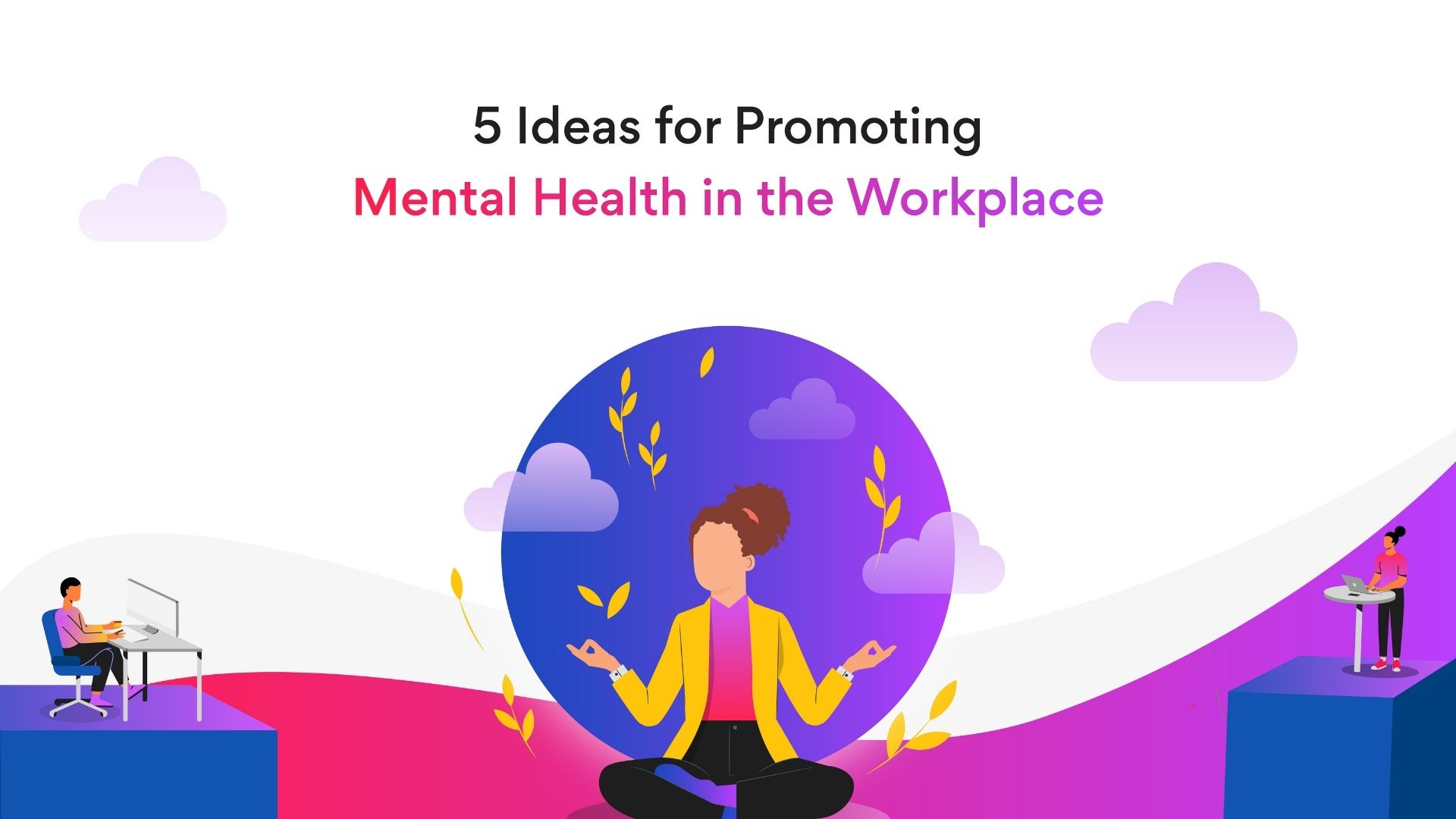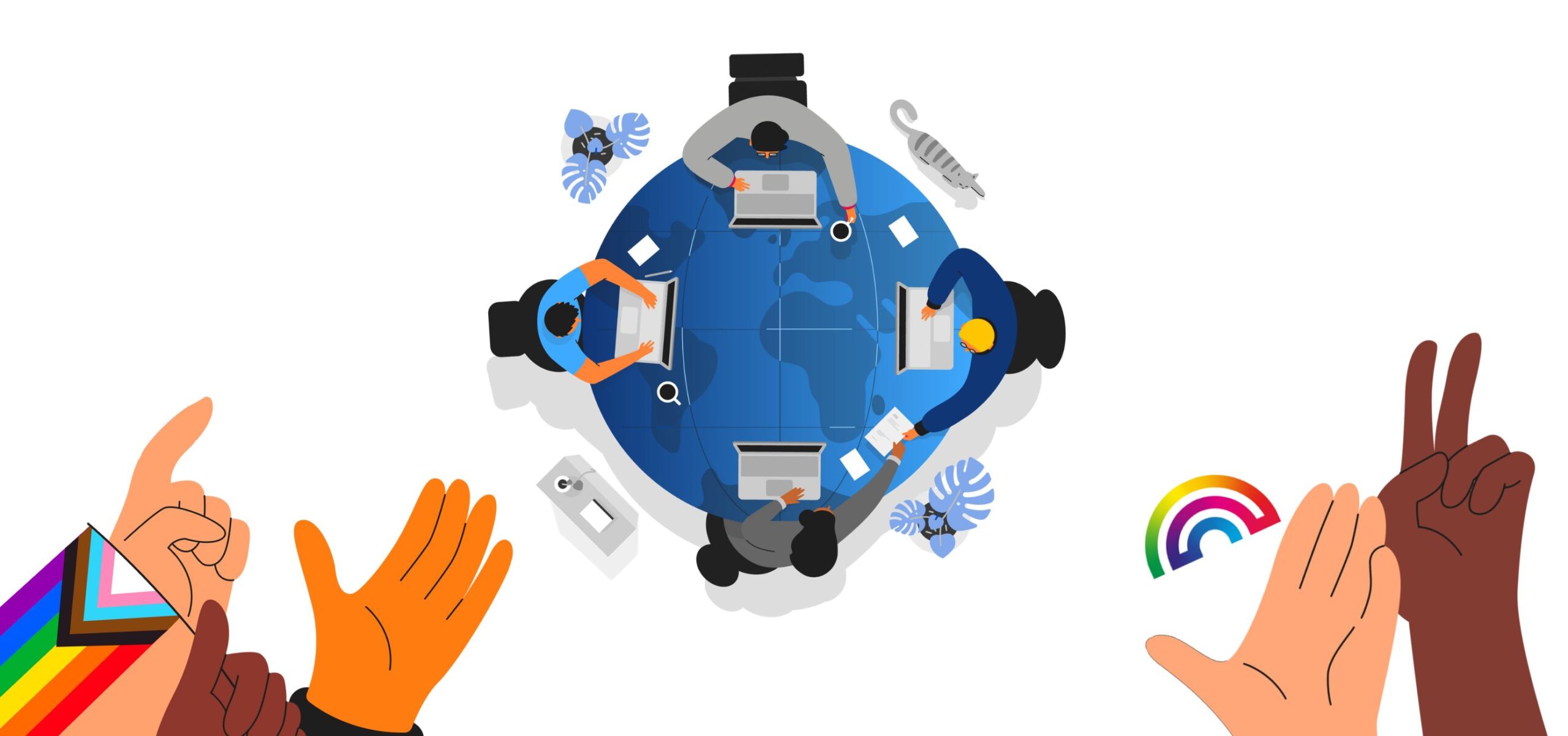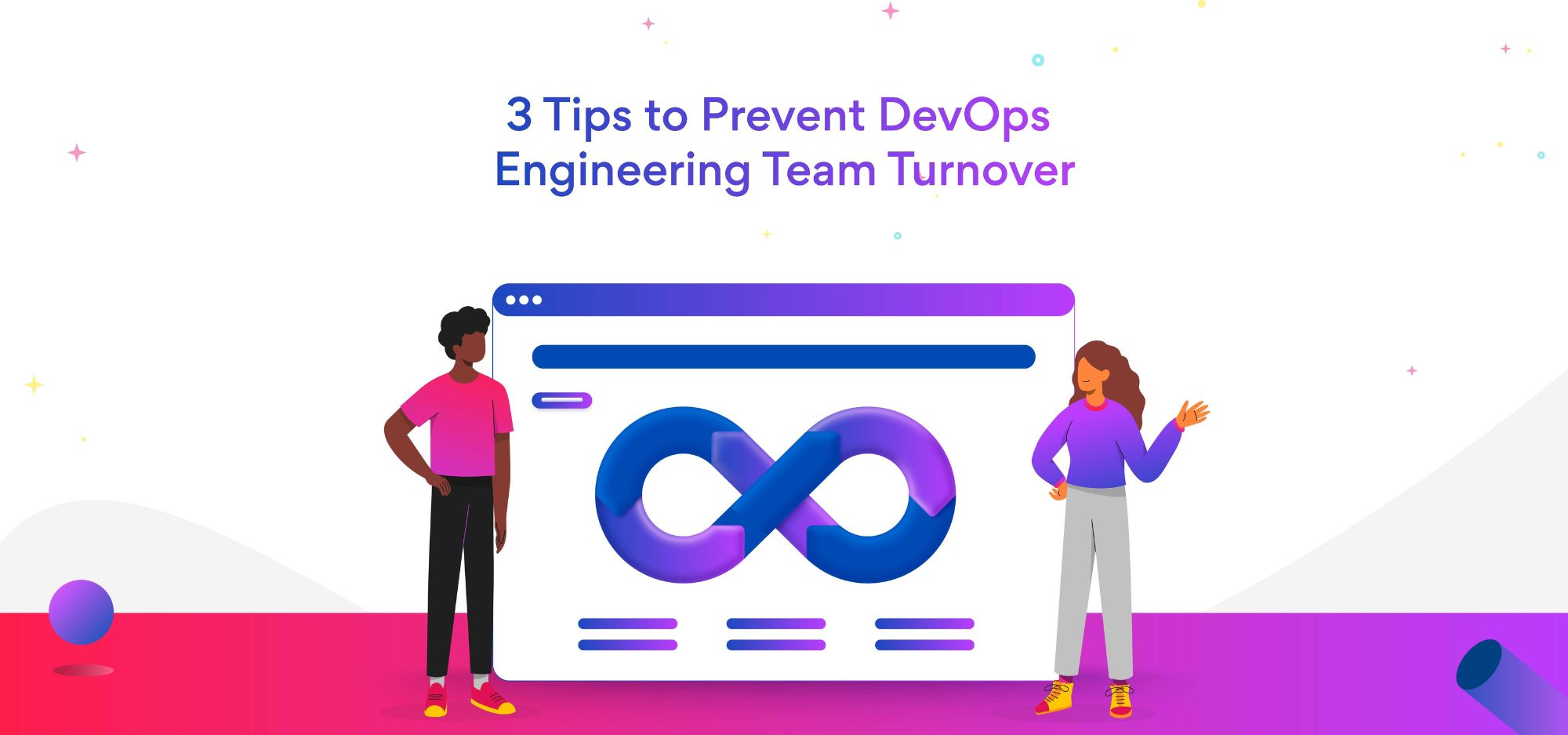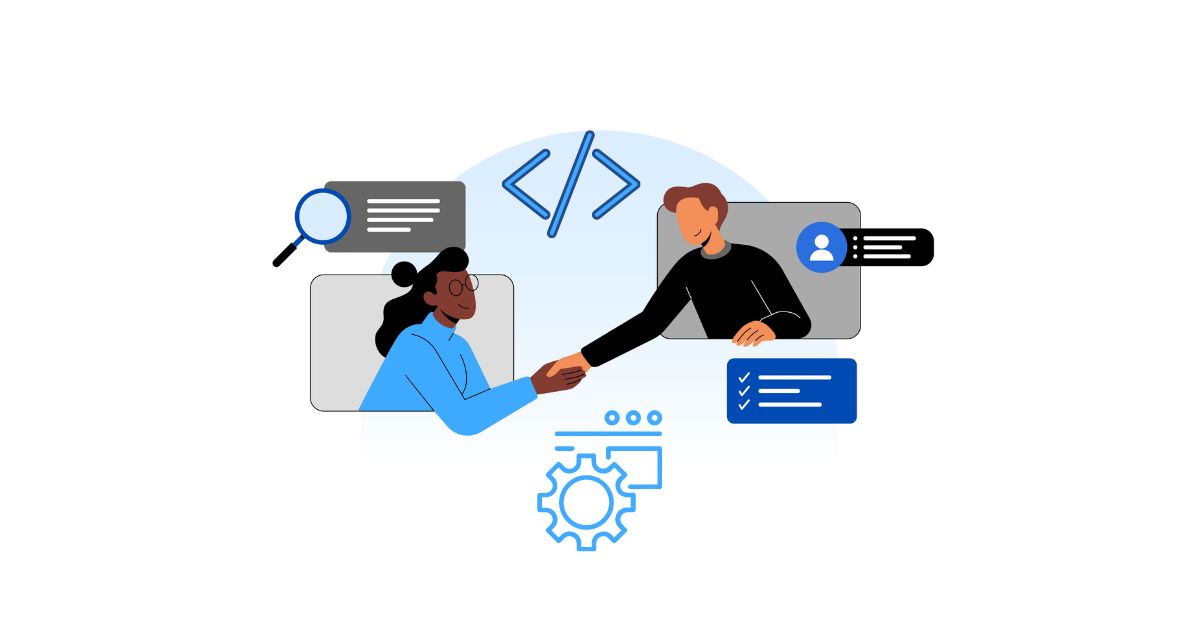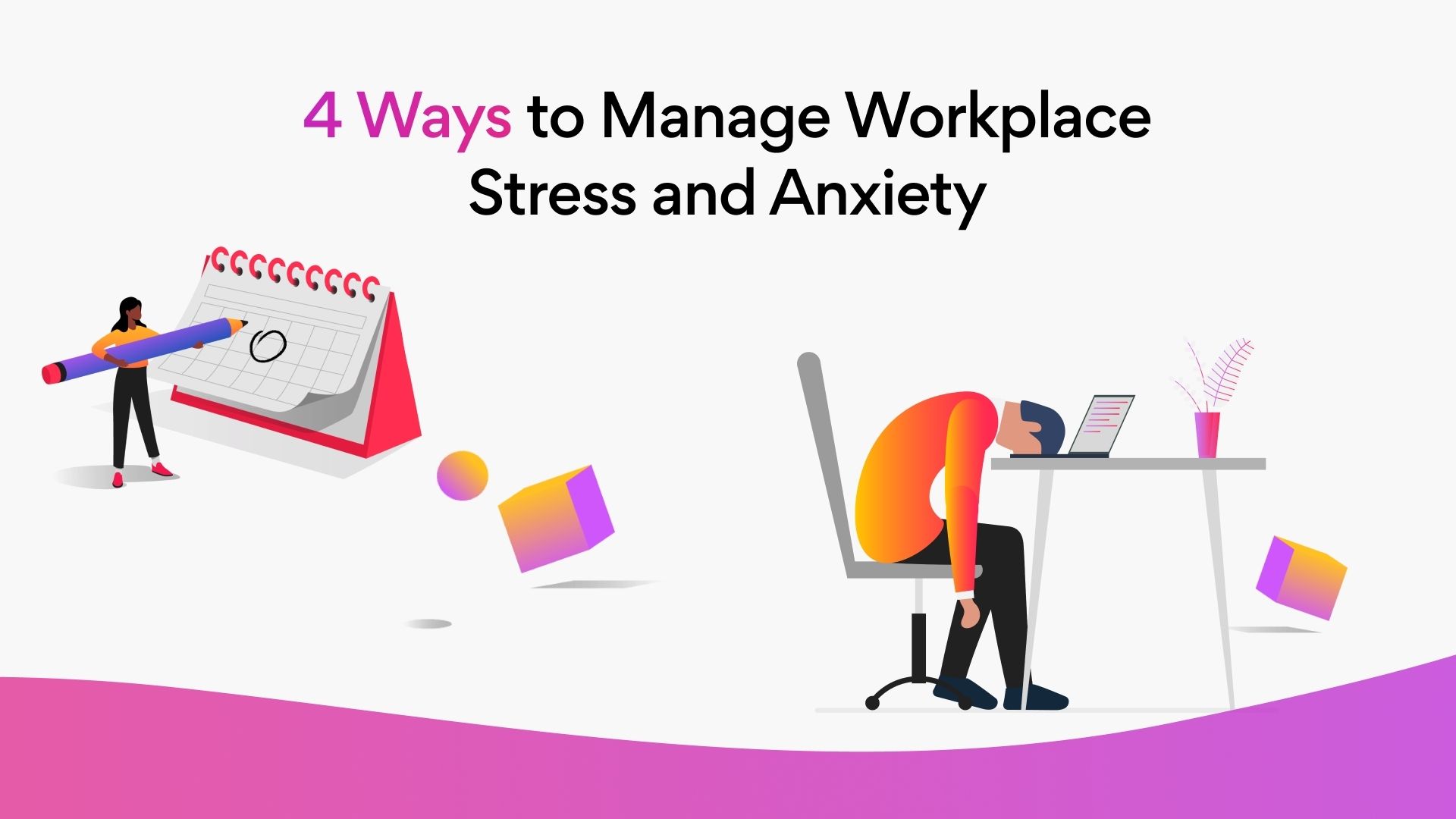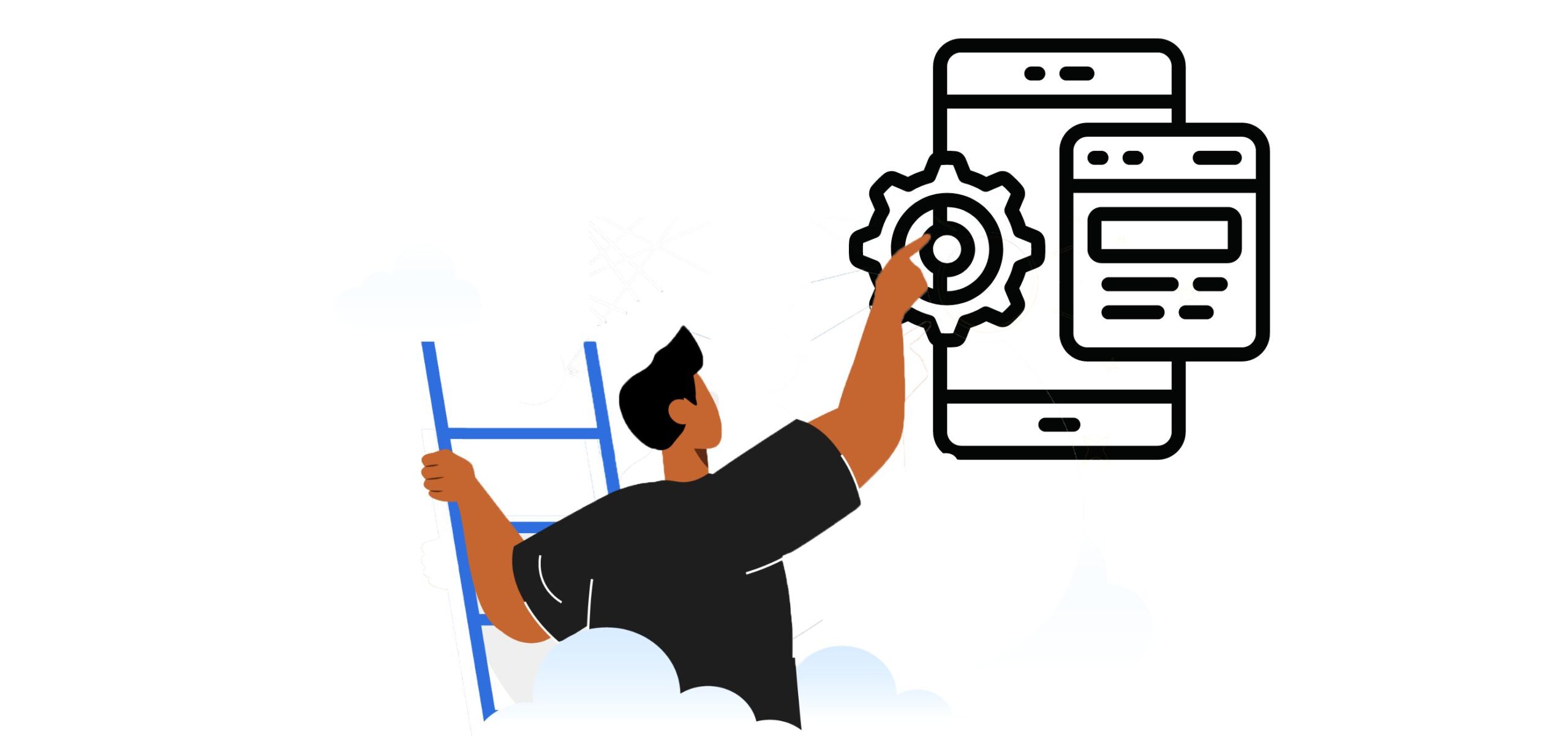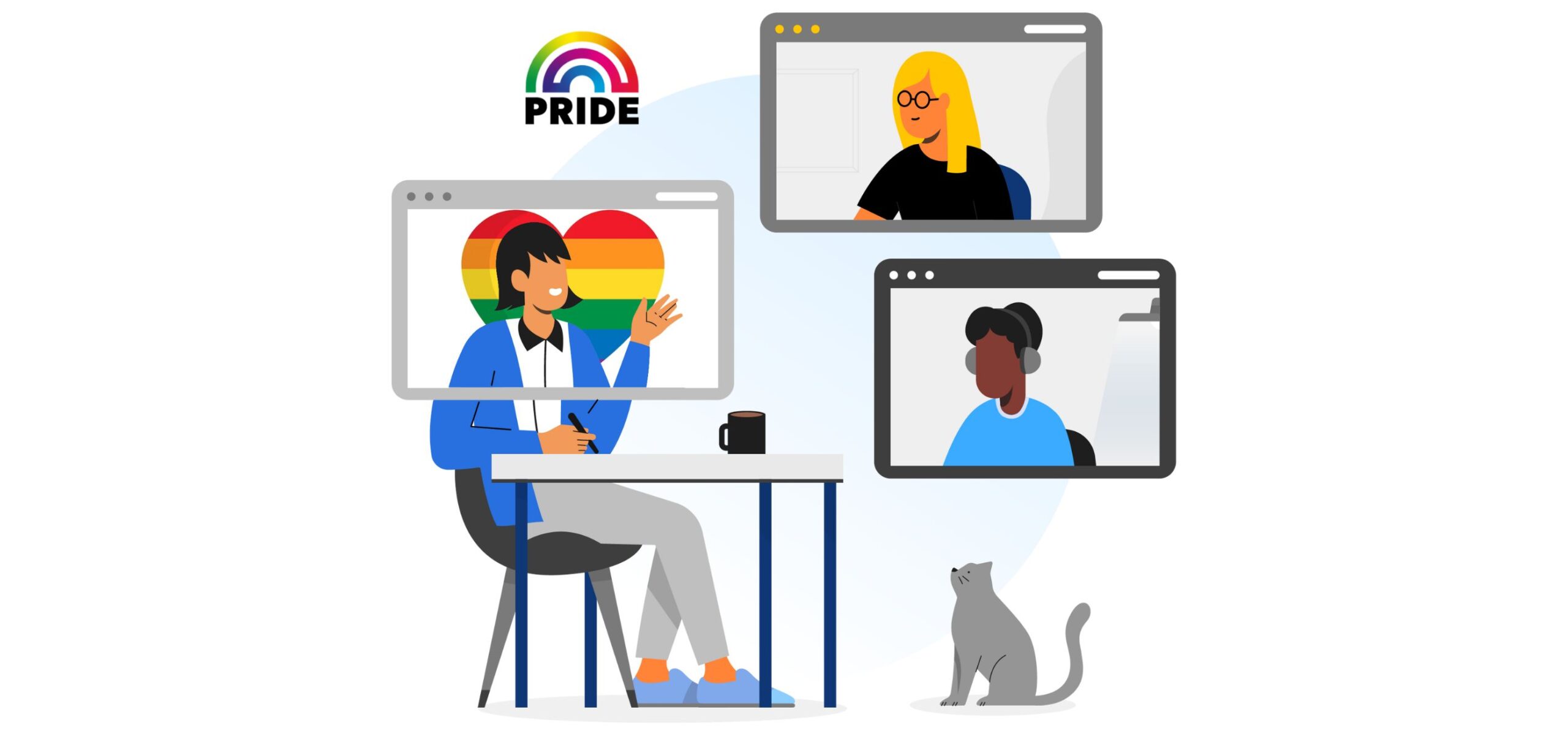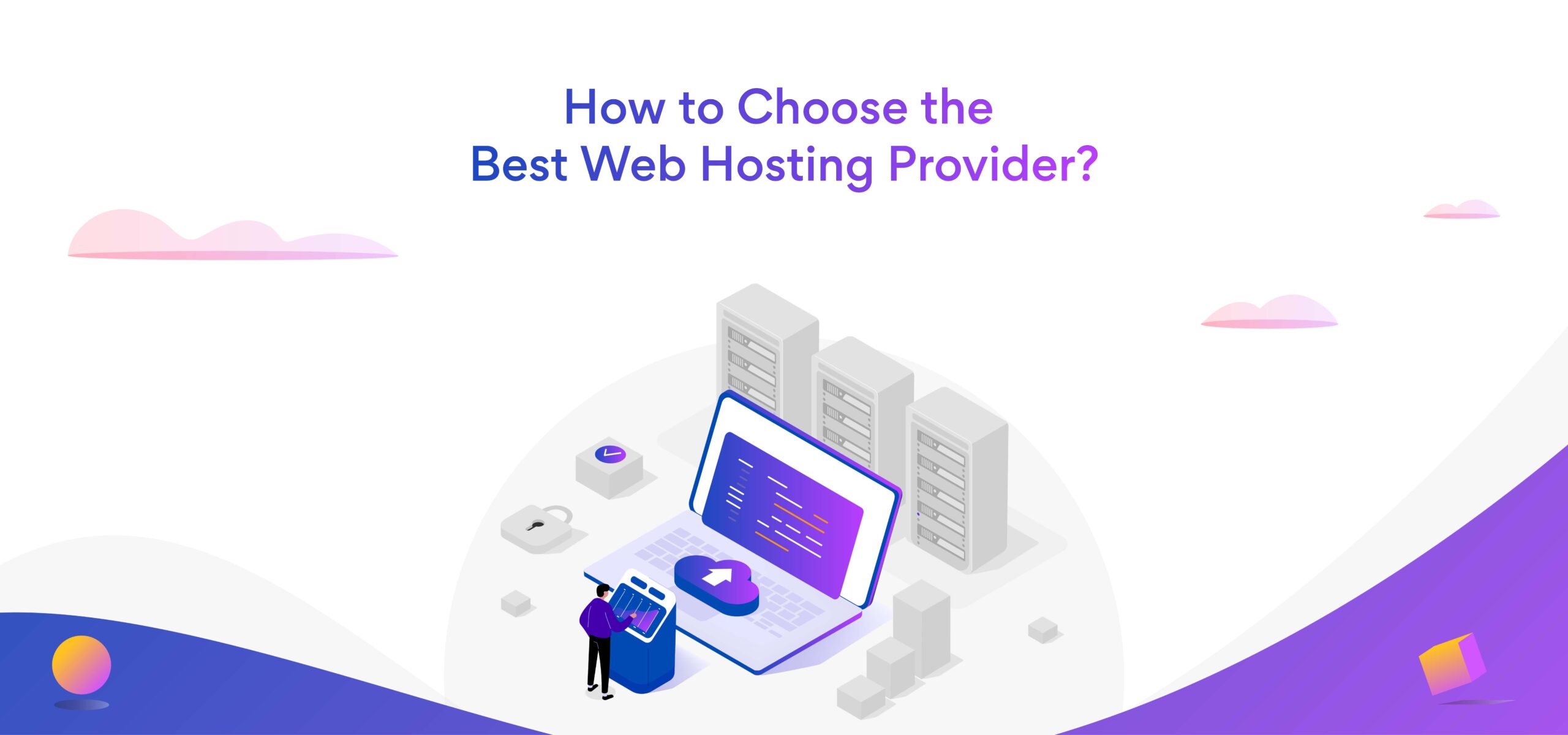5 Ideas for Promoting Mental Health in the Workplace
How do you manage mental health when working from home? How can companies prioritize promoting mental health awareness in the workplace? Keep reading to find out the answers!
May has been observed as Mental Health Awareness Month in the US since 1949. Mental health awareness is important to erase the stigma associated with mental illness. Most employees in the US battle mental illness, and this calls for immediate action by companies to promote mental health. A March 2022 poll conducted by the American Psychological Association suggests that Americans are in “survival mode” due to high-stress levels caused by inflation, the ongoing pandemic, and the crisis in Ukraine.
Nine out of ten employers surveyed by McKinsey reported that the COVID-19 pandemic has negatively affected the behavioral health of their workforce. Anxiety and depression are the main factors contributing to less productivity, costing the global economy $1 trillion each year.
Despite these figures, many employees hesitate to discuss mental health at the workplace due to fear of being judged.
Mental health issues, if not treated, can negatively impact an individual’s growth, happiness, and safety. To eliminate this negative impact, companies must create proper awareness about mental health in the workplace.
Companies must also understand the requirements of their employees and provide adequate support wherever possible. Most importantly, executive and managerial personnel must demonstrate empathy and show employees that it’s okay to ask for help.
Is working from home better for mental health? What have been the positives of working remotely?

Positives of working remotely
Seventy percent of surveyed employees indicated that working from home improved their mental health. More than half of workers say they’re more likely to choose an employer who enables remote work, and 74 percent say remote work makes them less likely to leave a company.
A few benefits of remote work are:
- Remote work enhances diversity and equity by embracing people irrespective of their religion, race, sexual orientation, gender, or disability. What’s more, remote work helps people feel secure and comfortable at work. Eighty percent of remote workers say they would consider leaving their current job for one that prioritizes mental well-being.
- During the pandemic, many working mothers quit their jobs, unable to cope with the pressure of balancing work-home and inadequate childcare facilities. Remote work offered women more time to care for their families. As per research, 32 percent of women are less likely to quit jobs if given access to remote work.
- With remote work, there is no hassle of commuting. This benefit ultimately boosts employees’ productivity and reduces their stress levels. Lower stress levels improve the health of individuals and increase productivity. Remote work lowers stress by 39 percent.
- Remote work personalizes the work environment and frees the employees from distractions and interruptions. And thus, remote work creates a sustainable work routine.
How can you improve employee mental health in the workplace?
Mental Health Foundation research states that workplaces with high levels of mental well-being are more productive. And so, companies should prioritize the mental well-being of employees by creating an inclusive and friendly work environment.
Related article: Four Ways to Manage Workplace Stress and Anxiety
Here are five ideas for promoting mental well-being in the workplace.
Vacation policy
Generous vacation policies have contributed significantly to lower stress and burnout in the workplace. Companies offering vacation policies have seen improvement in:
- Personal relationships
- Job satisfaction
- Energy levels
- Overall creativity
Vacation allowances help
- Employees rejuvenate their energy levels
- Better handle mental health issues
- Improve focus and concentration
To encourage employees to create a healthy work-life environment, some of the top companies are offering Paid Time-Off (PTO) and vacation allowances.
Goldman Sachs introduced a new vacation policy where employees will be required to take three weeks off each year, starting in 2023. “No Vacation Policy” by Netflix allows employees to decide when to work and when to take a break. Sony Electronics offers paid vacation and holidays for employees to recharge and maintain a healthy work-life balance.
According to Glassdoor, Evernote offers unlimited PTO. A $1,000 vacation stipend is offered to employees to travel to a new place every year.
Flexible working hours

Flexible working hours
Flexible working hours play an important role in improving employees’ mental health. Some notable benefits of flexible work hours are:
- Improved physical and mental health
- Increased focus and concentration on work
- Increased motivation and job satisfaction
Employees prioritize flexible working hours over career growth. Next to the Great Resignation, “Flexidus” is the new buzzword in the workplace that refers to women quitting jobs due to a lack of flexibility. According to a LinkedIn survey: Around 52 percent of women say a lack of flexibility at work has pushed them to leave or consider leaving a job.
As per Bankrate’s February 2022 job seeker survey: 55 percent of workers say that the ability to work from home or have a more flexible schedule is more important to them now than it was before the pandemic, compared to 52 percent of respondents who cited higher pay as being of more importance.
Salesforce, the cloud computing company, gave employees flexibility in how, when, and where they work. With Flex schedule, a new working timetable introduced by Salesforce, employees can work 1-3 days a week from the office for team collaboration, customer meetings, and presentations.
Companies like Basecamp, Bolt, Buffer, and DNS Filter are some of them offering work flexibility with four-day workweeks and the flexibility to work remotely.
Mental health breaks
Companies creating a culture that allows employees to take breaks or some time away from work have a competitive advantage. When the brain gets adequate time off, decision-making, communication, and essential skills in the workplace improve. A few ideas that can help reboot the energy levels are
- Simple breaks for yoga sessions, meditation, or even a day off from work.
- Breaks for doing things you like, reading a book, drawing, painting, exercising, watching your favorite show, or cooking.
To support the mental well-being of employees, EY gave access to free mobile apps for building emotional resilience and improving sleep habits.
To supplement its free twelve-week course on mindfulness and daily scheduled practice sessions, EY began daily drop-in sessions combining short mindfulness exercises with practical tips for managing anxiety, social isolation, feeling overwhelmed, etc. The company also extended backup adult and childcare support and virtual yoga, workout classes, and volunteer opportunities to its employees.
Drawing boundaries
Unplugging after work is a great way of promoting mental health. Mentally detaching from work for some time can improve work-life balance, induce better sleep, and reduce fatigue and stress. Simple steps to help disconnect from work are:
- Not opening emails frequently
- Letting teammates, and clients know your non-availability
- Prioritizing the scheduled and unscheduled work calls
- Silencing work-related group messages.
Certain companies have taken the step of not sending work-related emails after working hours. Volkswagen started this years ago. Between 6:15 pm and 7 am, the company’s internal servers won’t route emails to individual accounts, so employees do not work at night.
Many companies are making efforts for employees to unplug by implementing different strategies like turning off the communication and collaboration channels, etc after work hours.
Counseling
Workplace stress is the major cause that affects the performance of employees. Eighty-three percent of US workers suffer from work-related stress, with 25 percent saying their job is the number one stressor in their lives. Factors like long working hours, workload, job insecurity, low performance, and conflicts with colleagues impact the organization’s productivity.
Professional workplace counseling can help in better decision-making and managing workplace anxiety and stress. Symetria Recovery has a dedicated psychologist for employees. Employees meet with the office psychologist every week for a mental health evaluation. Employees who don’t pass the evaluation are encouraged to take the day off to unwind.
Final thoughts – How can you promote mental wellness in the workplace?
Mental Health Awareness should be an important strategy for every company to address the mental issues of employees. Promoting mental well-being in the workplace may differ on the type and size of the organization. However, every company must implement adequate policies to support mental well-being irrespective of its size.
Turing is a 100 percent remote company that makes remote development easy, compliant and secure. Do you want to build your remote engineering team in the cloud? Hire the top 1% of 1.5 million+ developers from 150+ countries with strong technical and communication skills at unbeatable prices, ready to work in your timezone with Turing.
FAQs
- What is mental health awareness in the workplace?
Mental health awareness focuses on building an inclusive workplace where employees can discuss their mental health issues without any hesitation. - How can we improve mental health in the workplace?
Here are a few ways to improve mental health in the workplace:- Providing vacation benefits
- Flexible work hours
- Healthy work-life habits
- Drawing boundaries
- Counseling
- Why is Mental Health Awareness Month important?
Mental Health Awareness Month is important for raising awareness about mental health issues and promoting measures to cope with these issues.
Tell us the skills you need and we'll find the best developer for you in days, not weeks.
